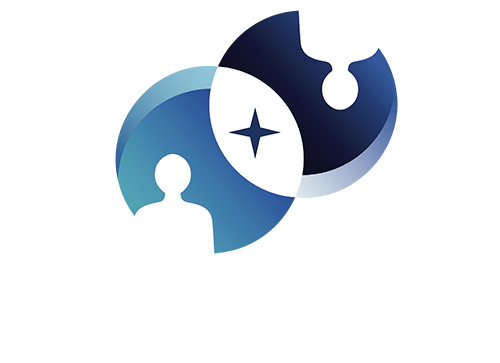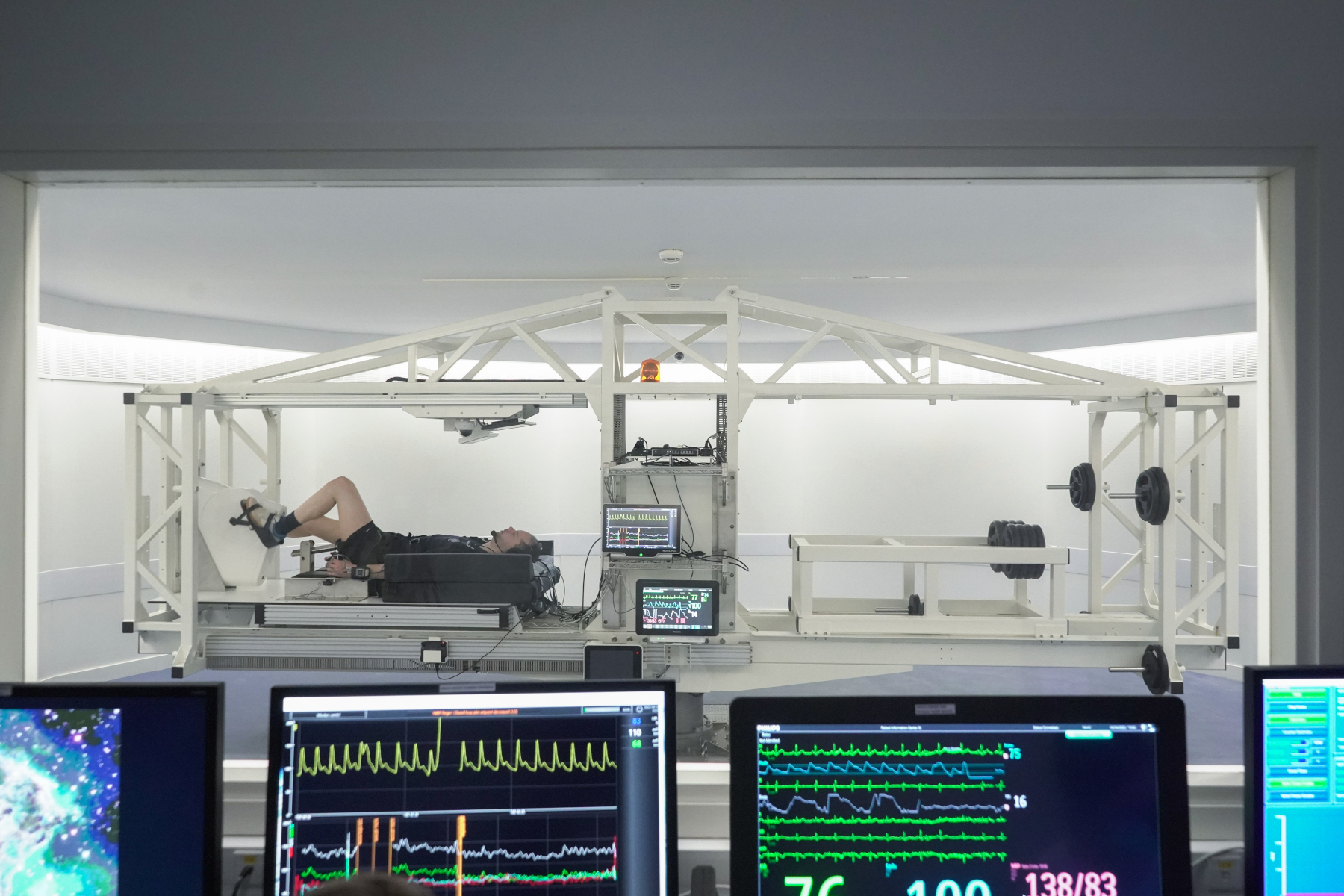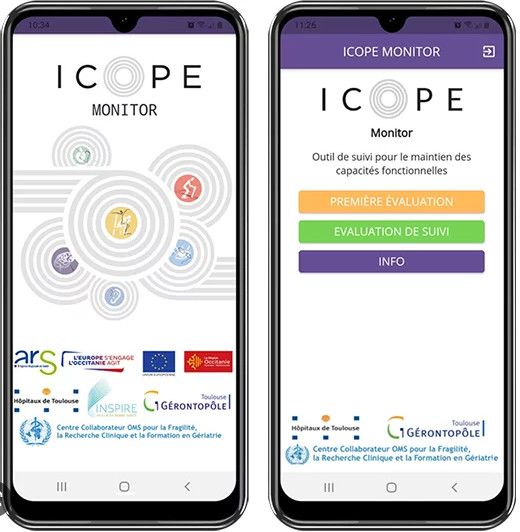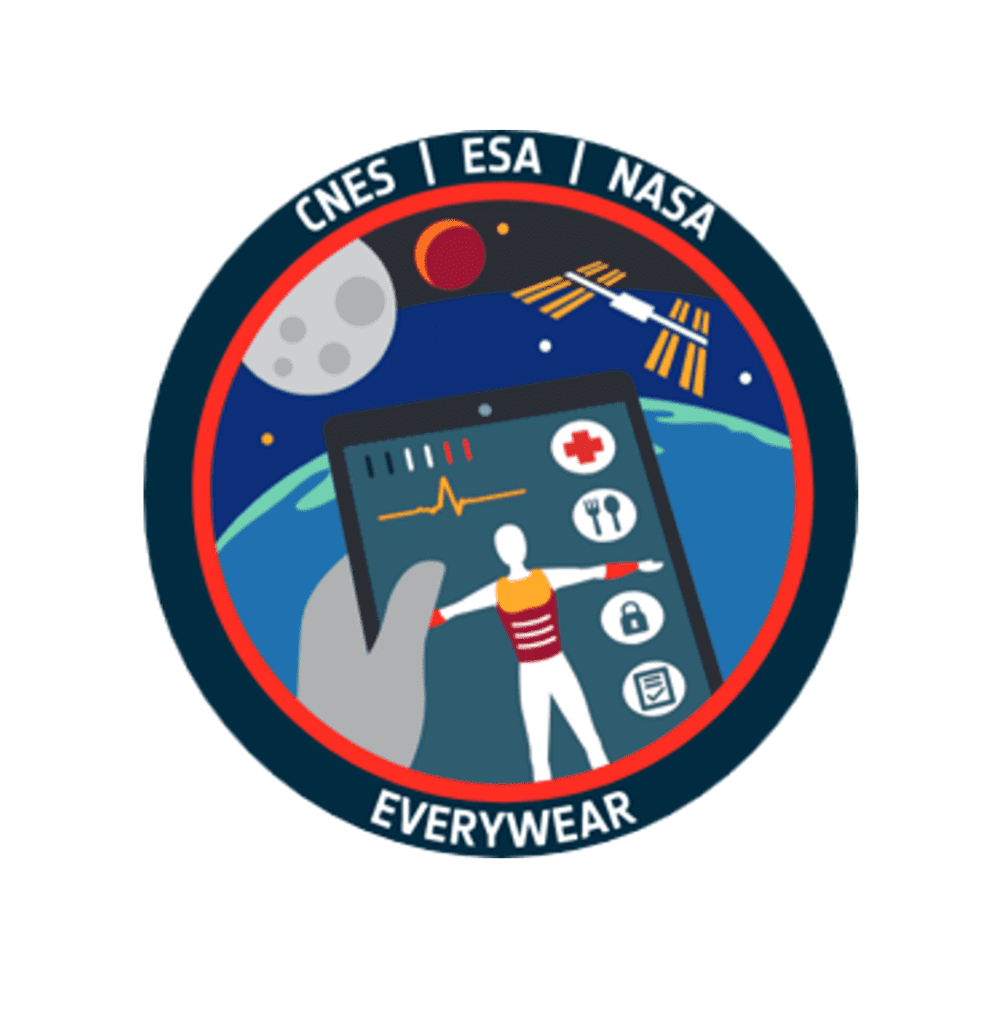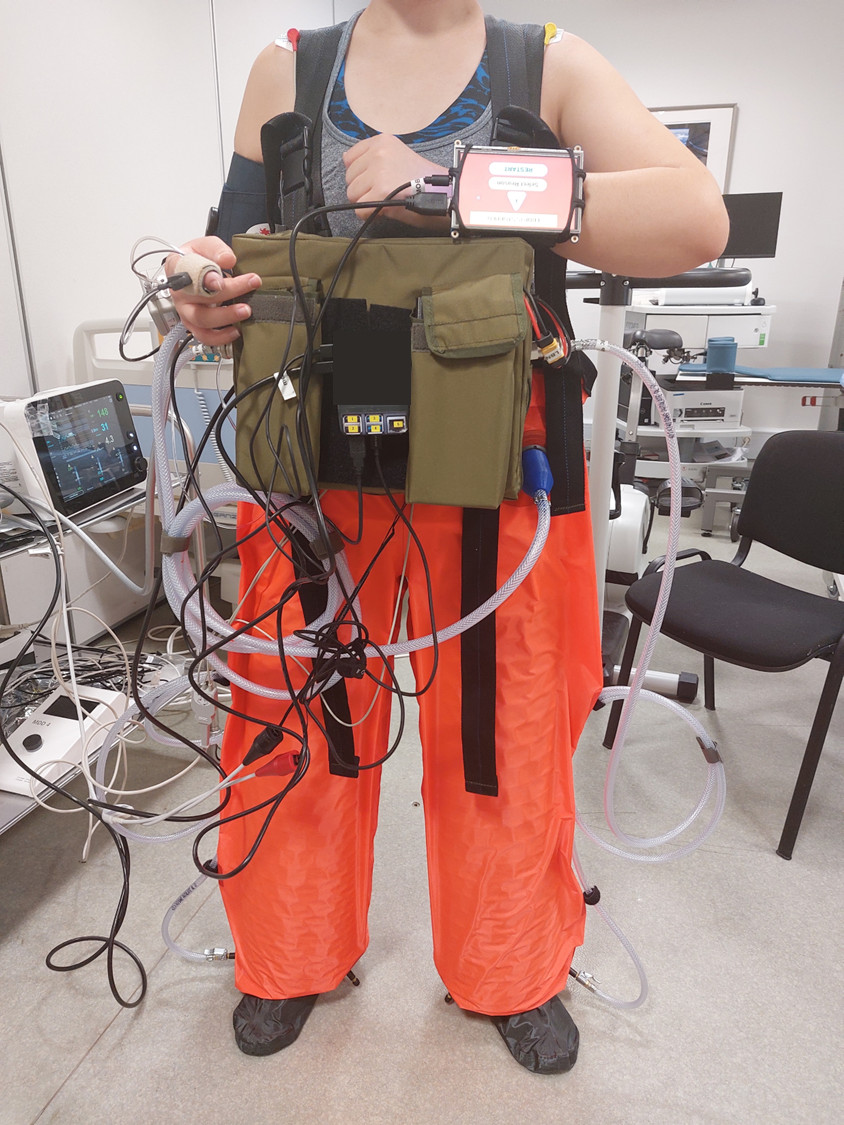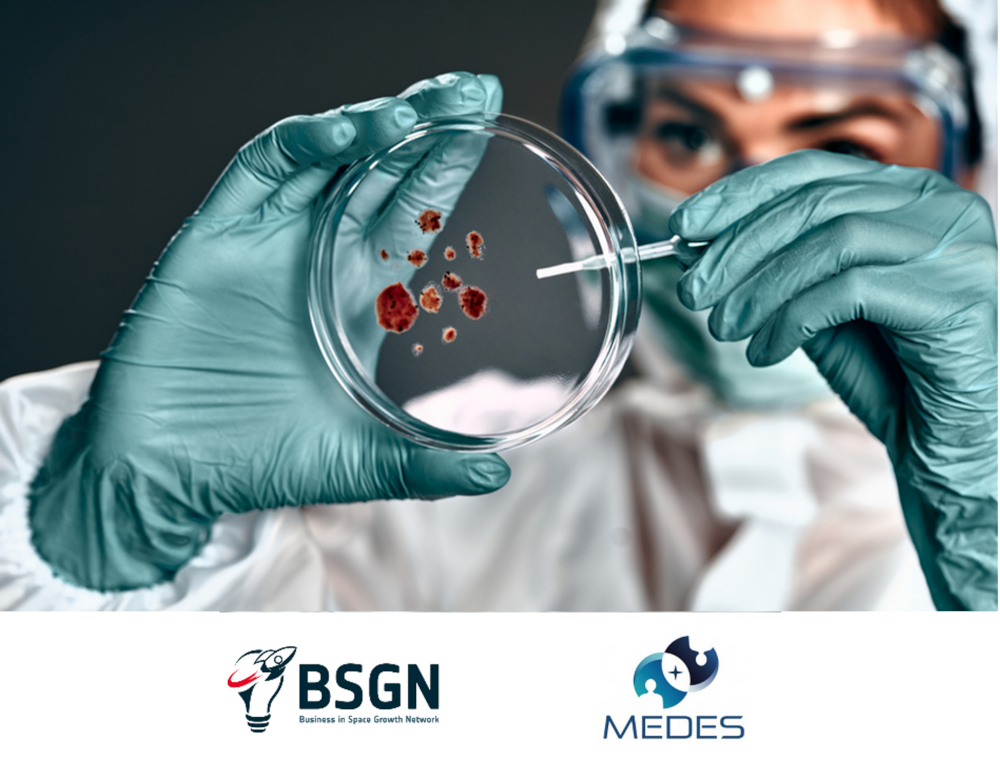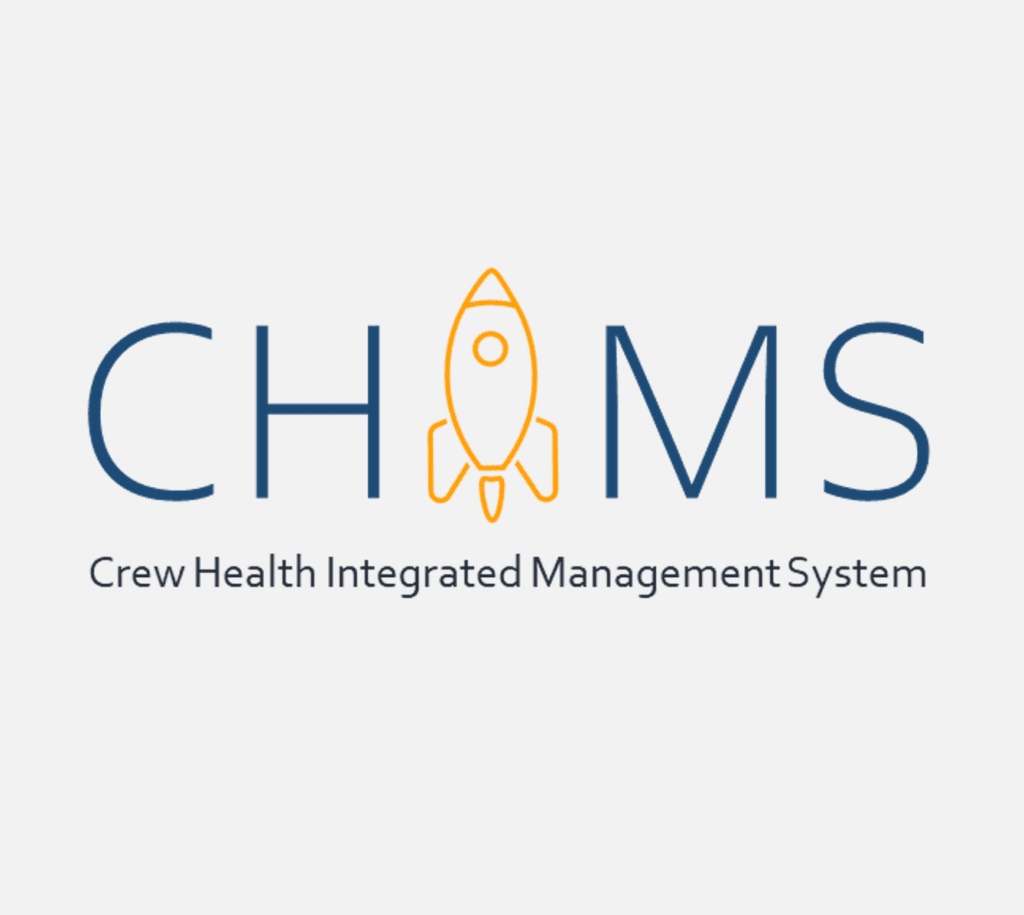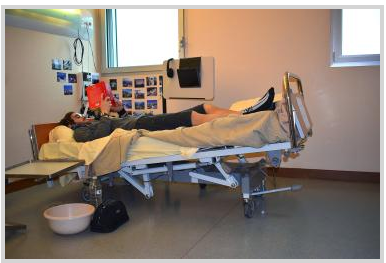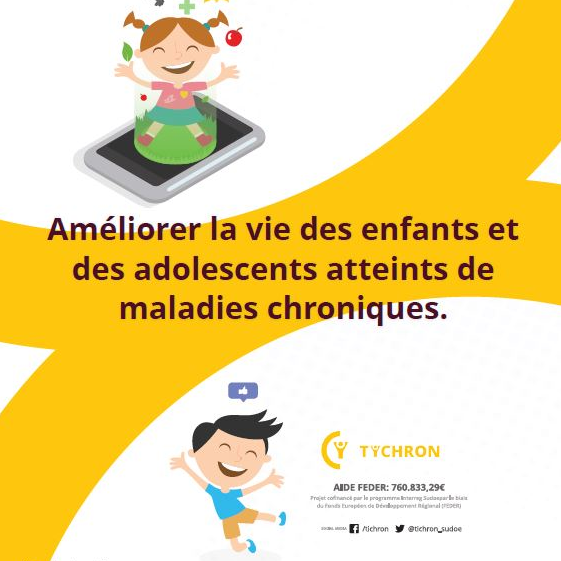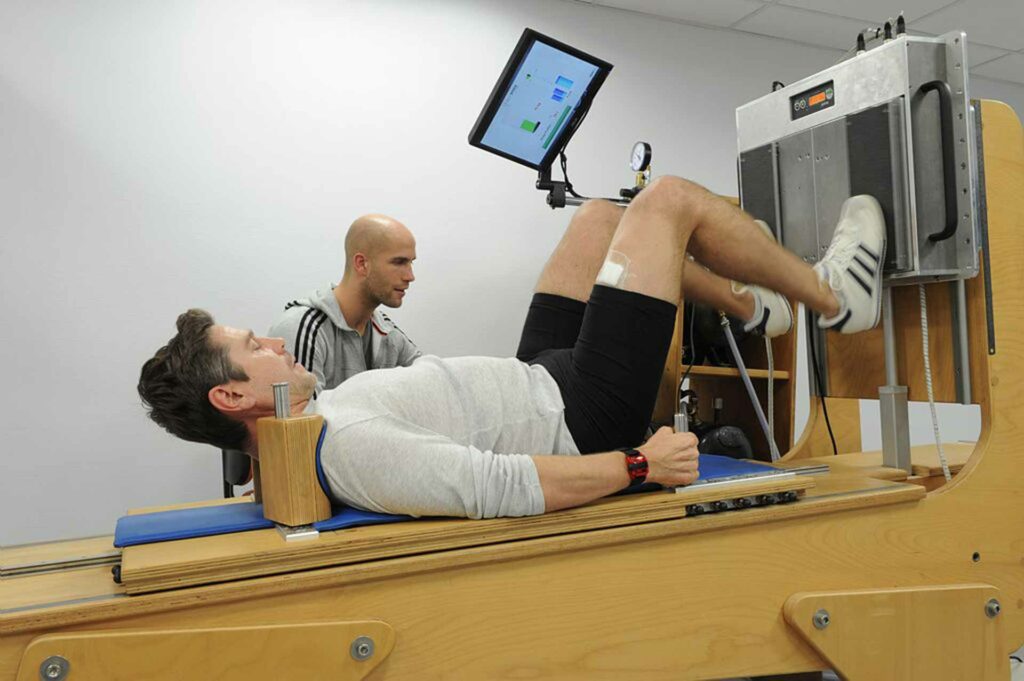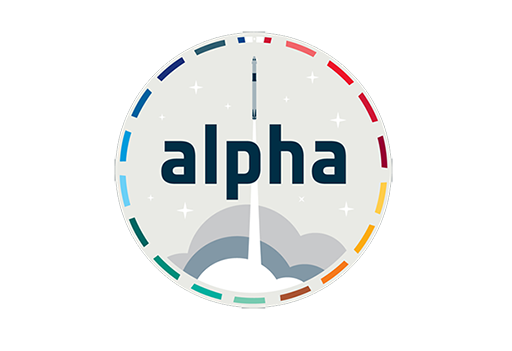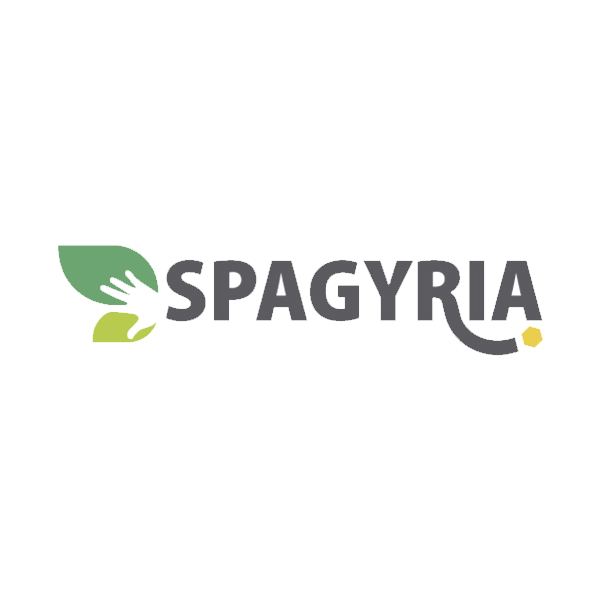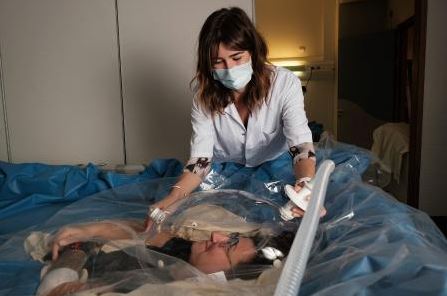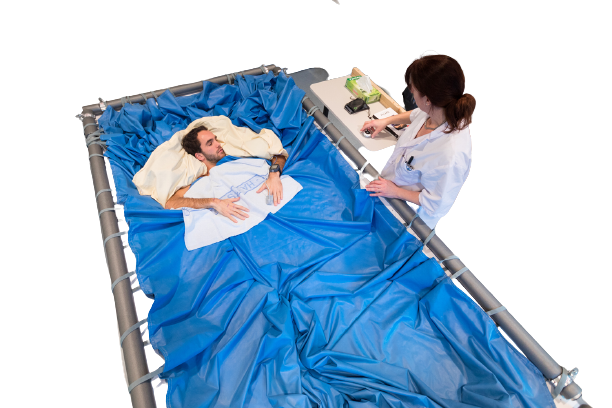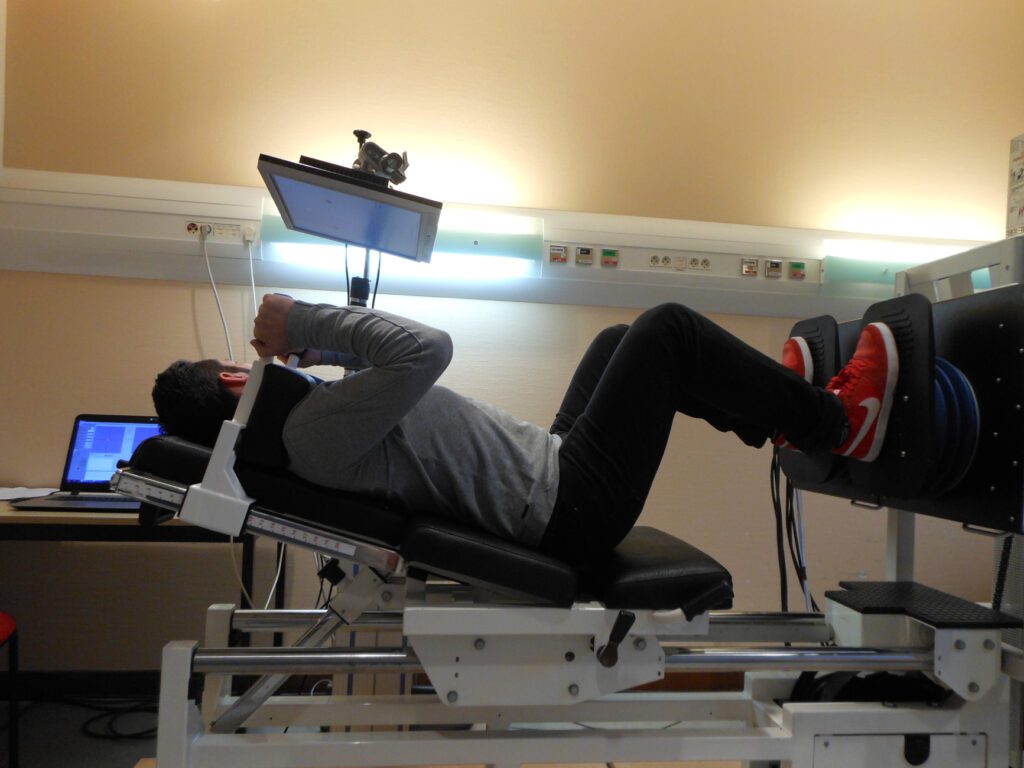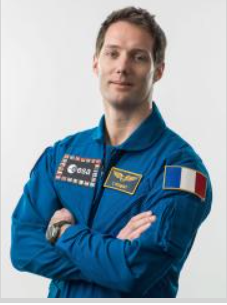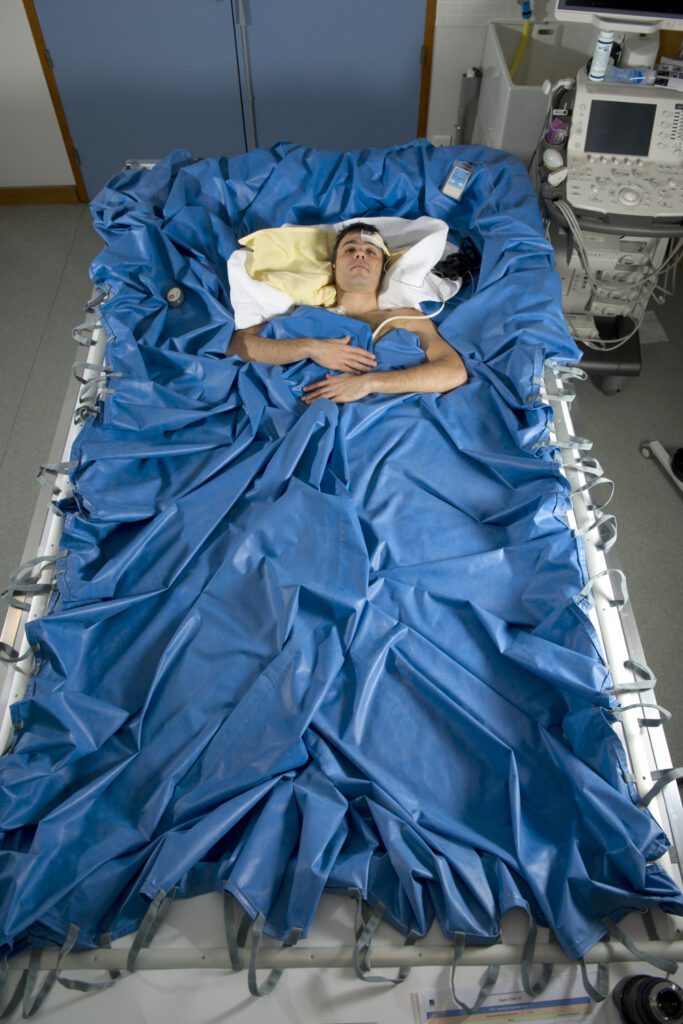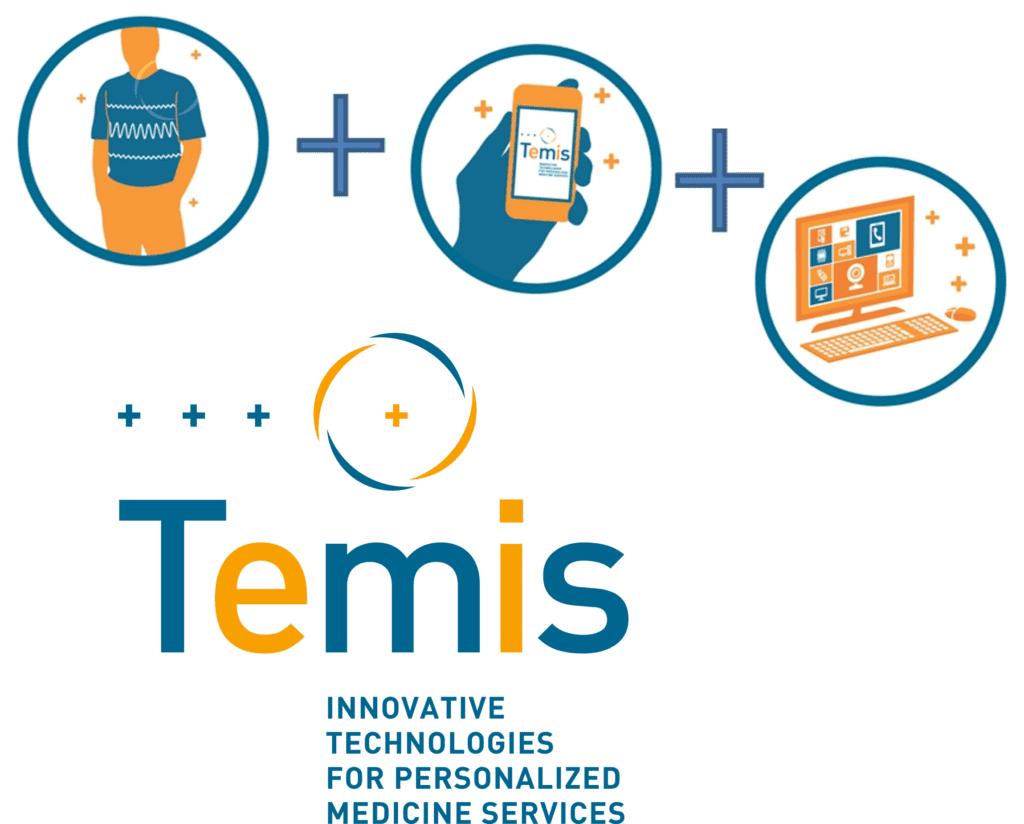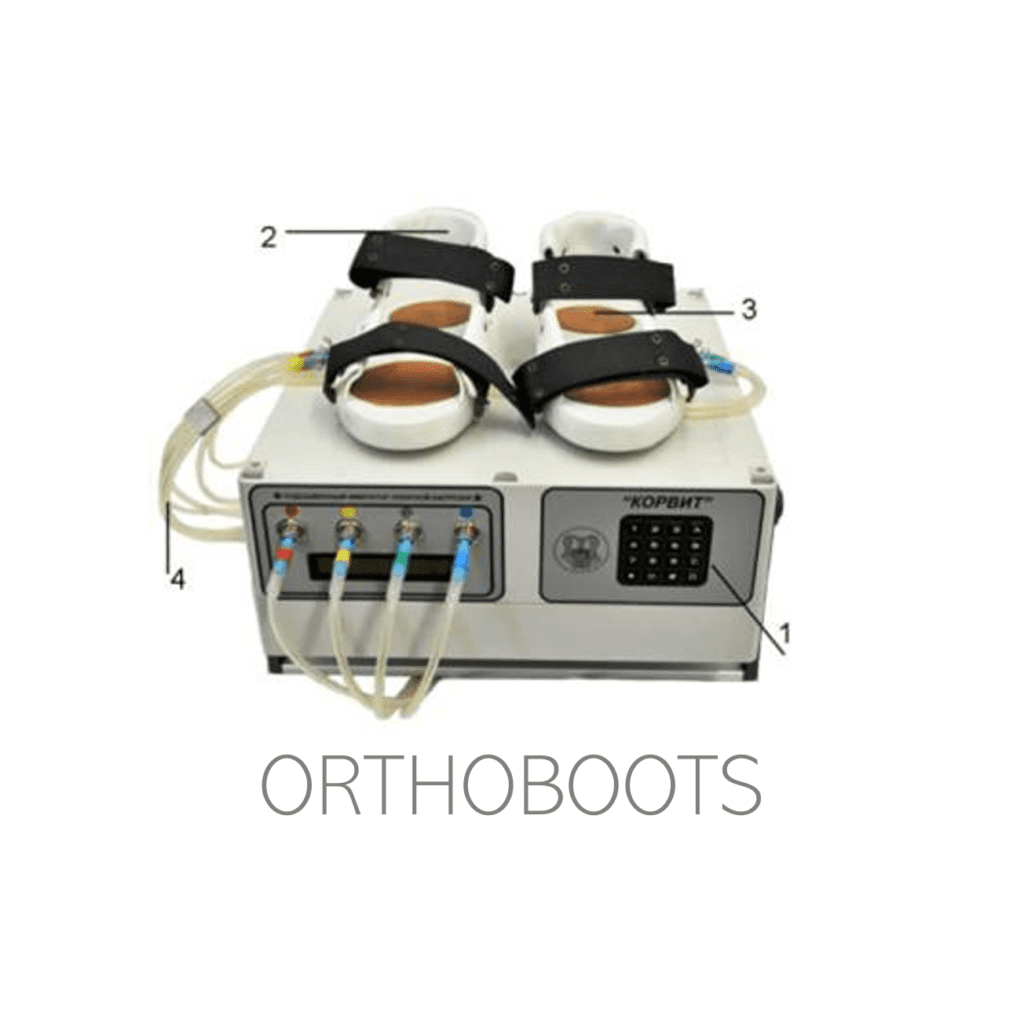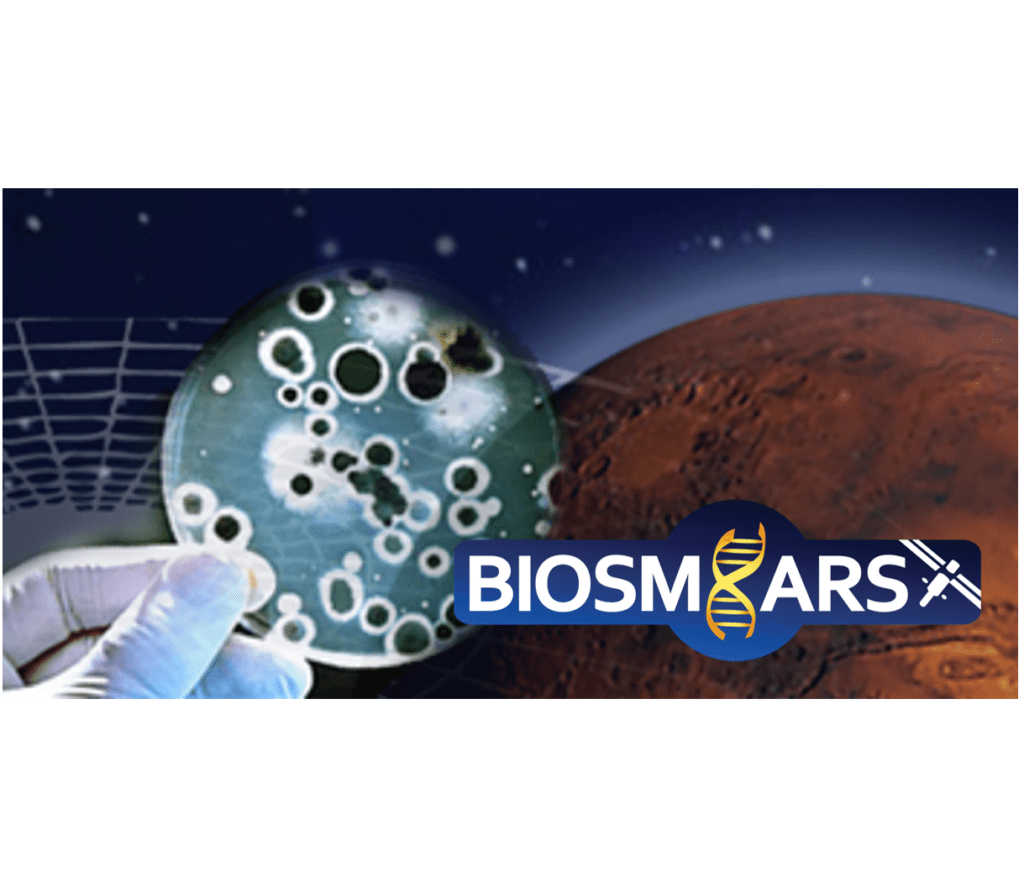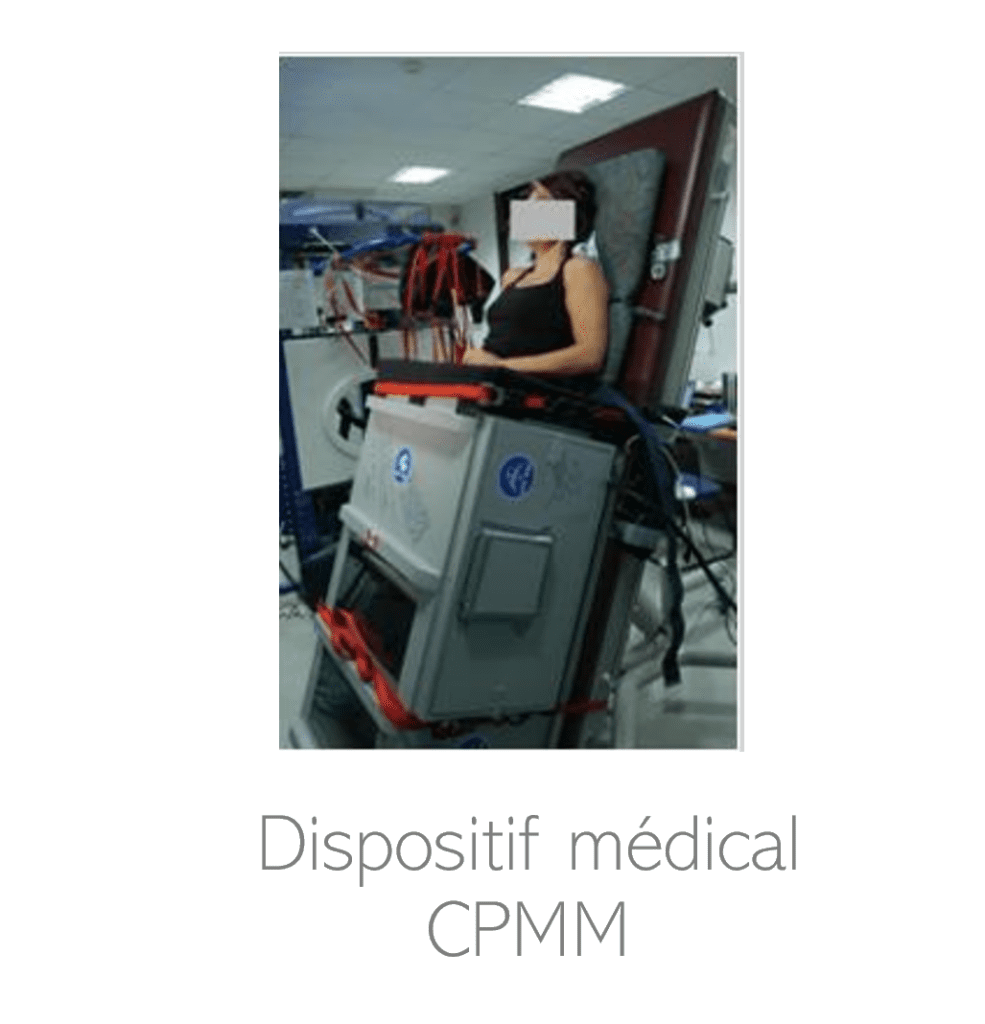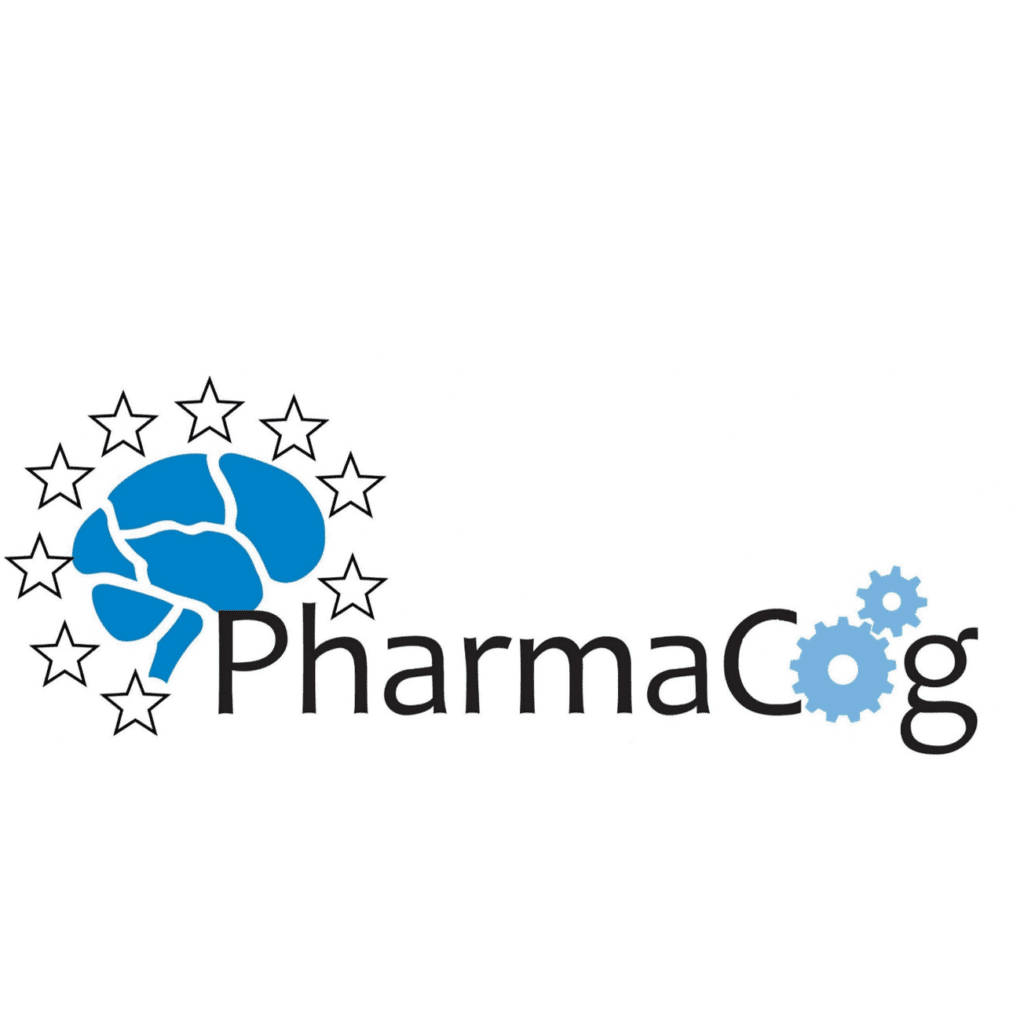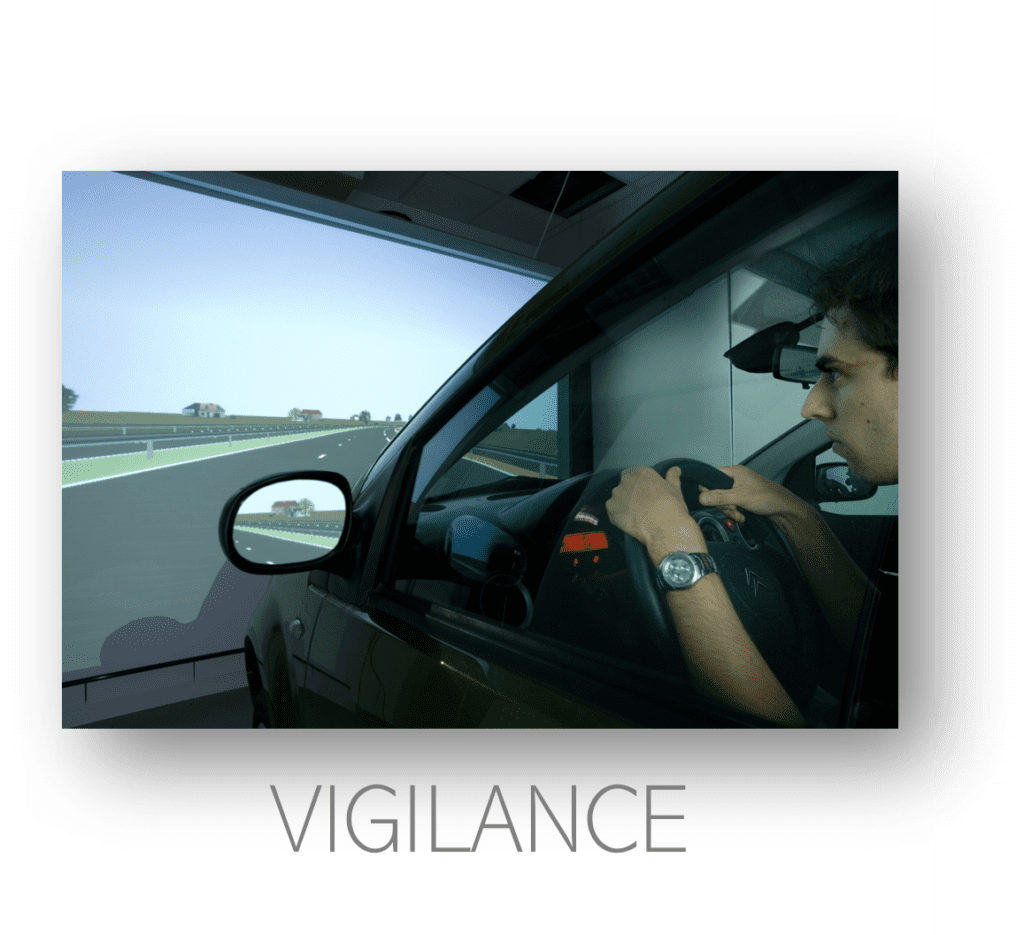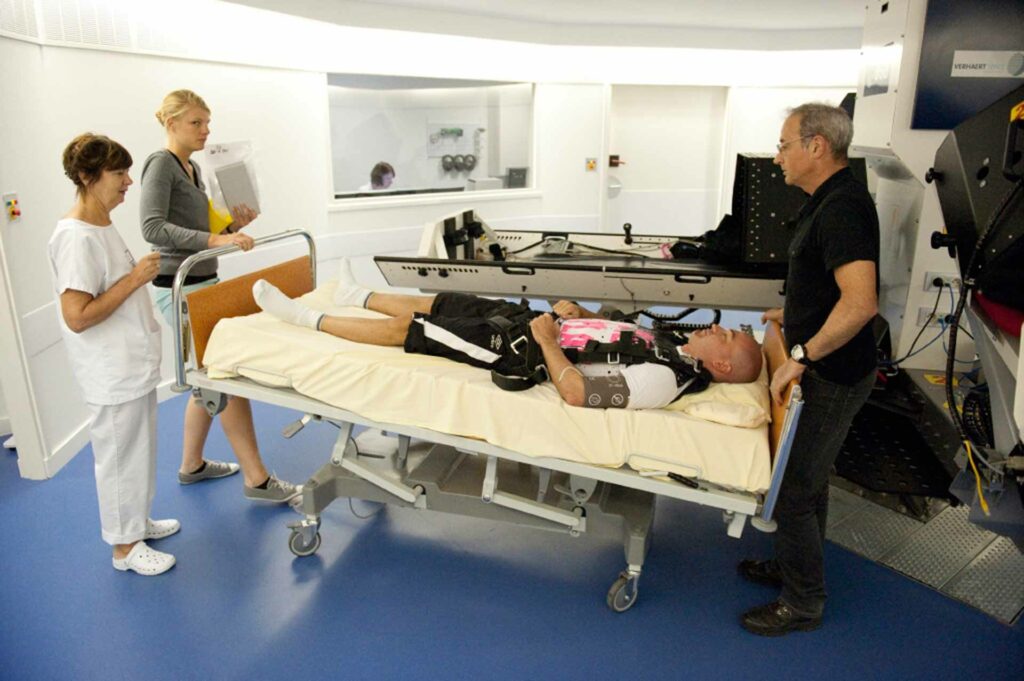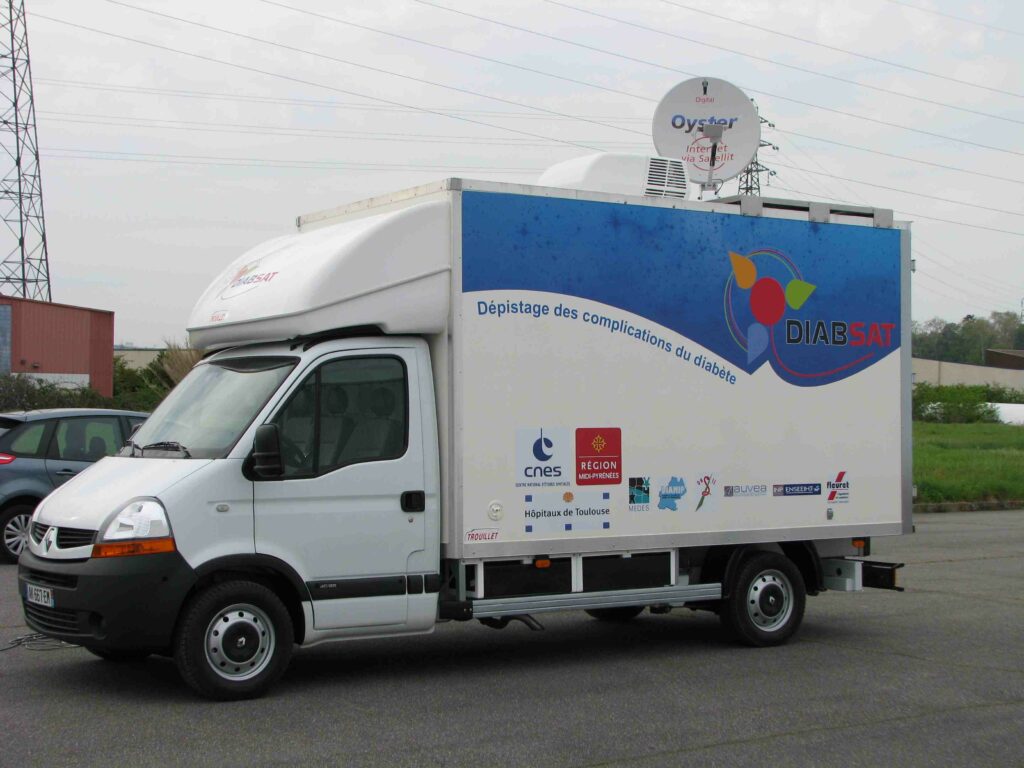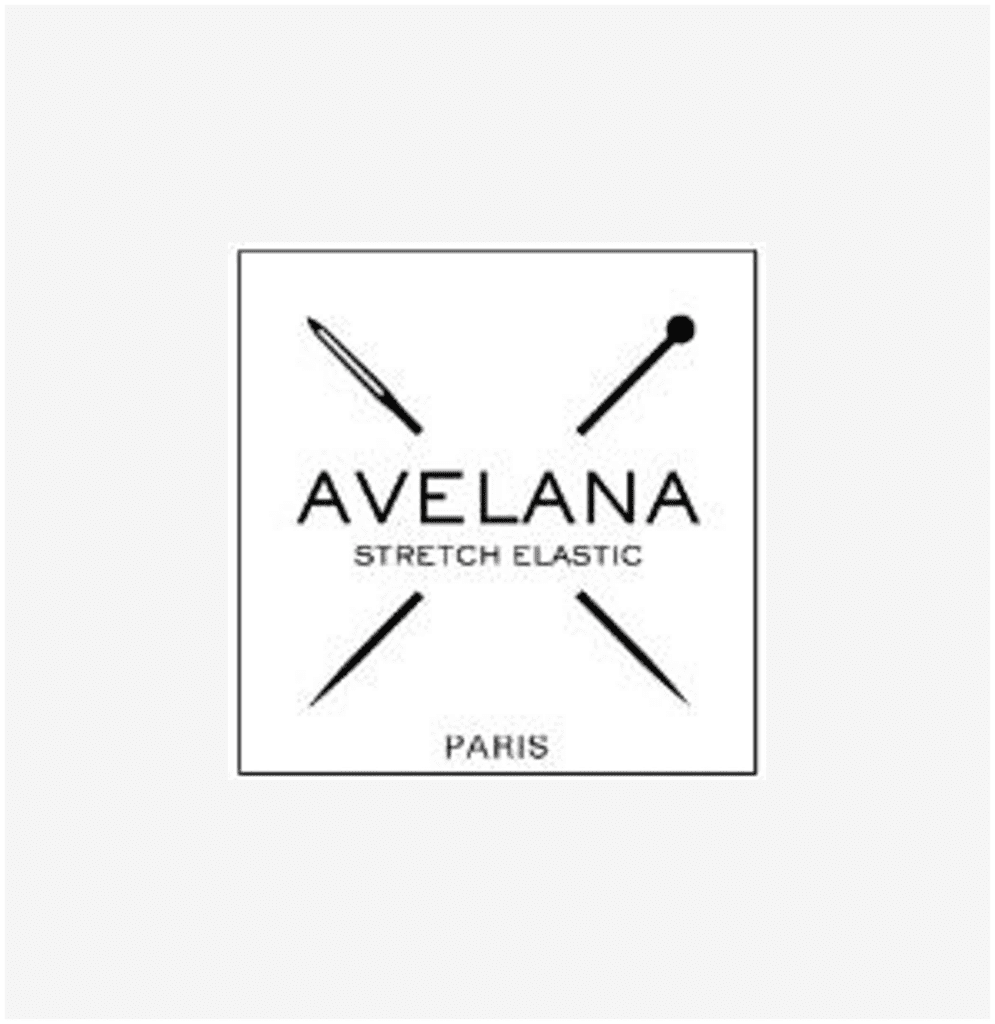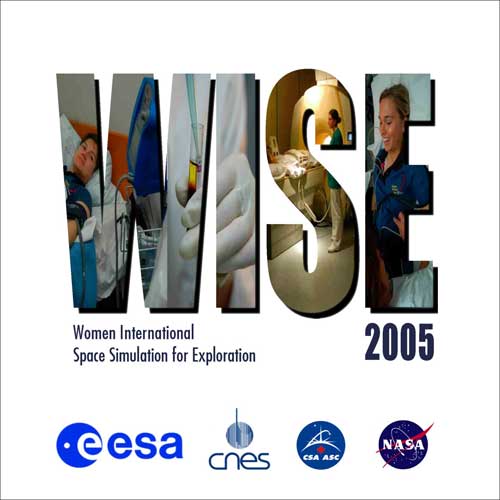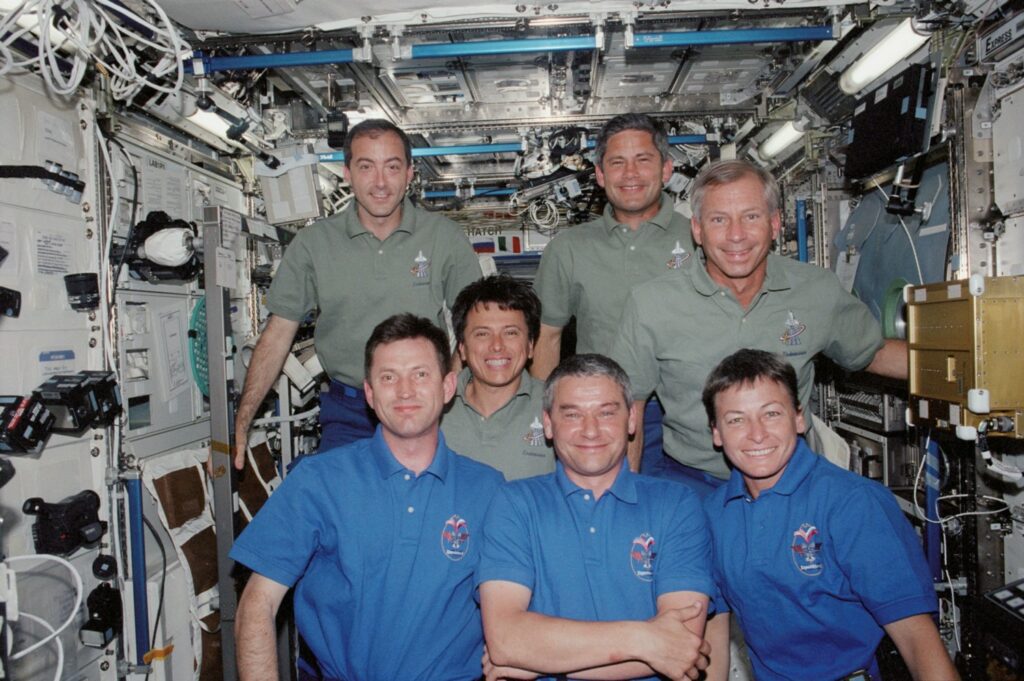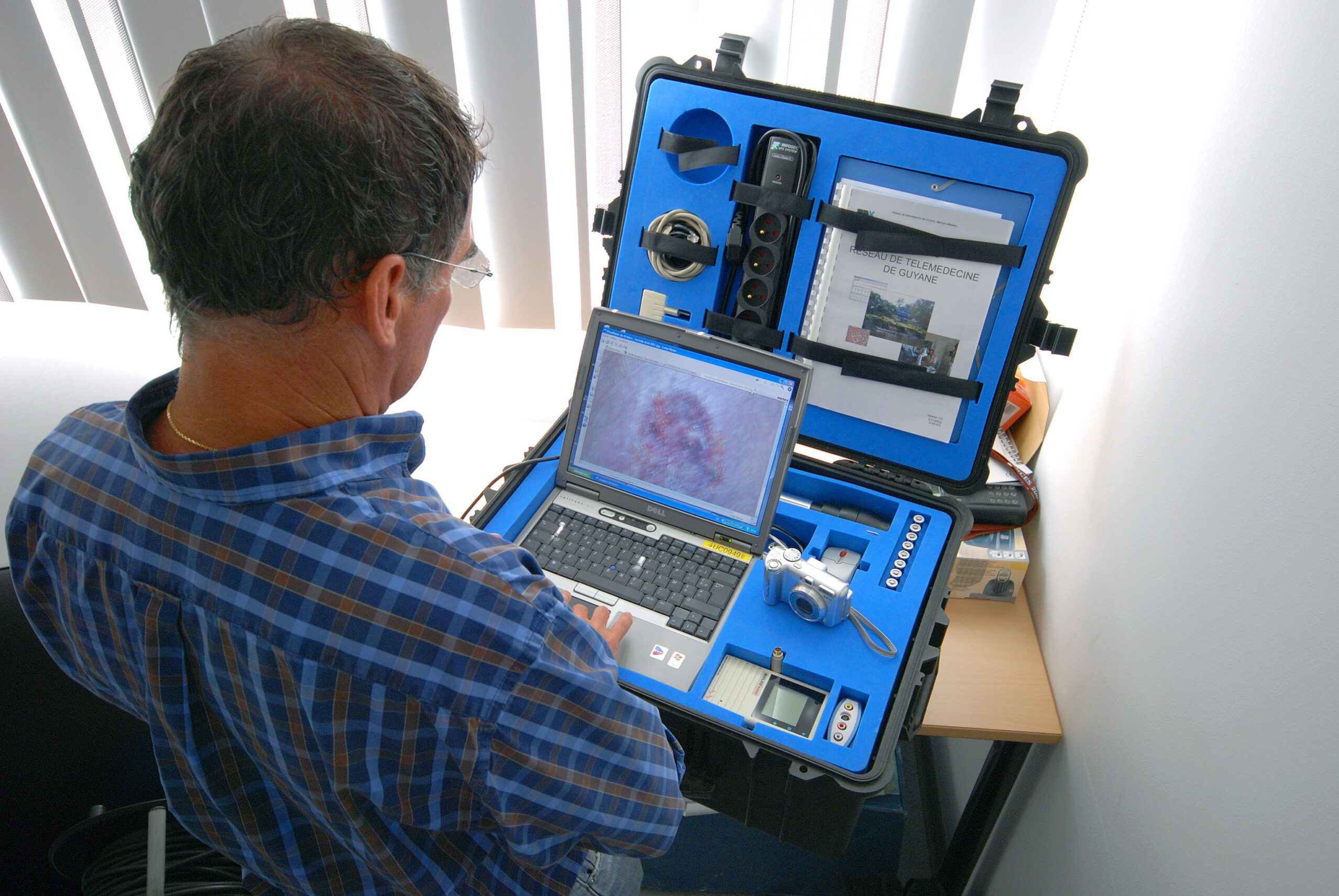Our projects
Since its founding, MEDES has been involved in many different projects, for space agencies, manufacturers, institutional or academic players and start-ups.
You can find the historical projects of MEDES, in alphabetical order in our project library or below for the most recent ventures.
BRACE bed rest study (2023-2024)
2023 - in progress
Study evaluating the effects of centrifugation and exercise to prevent the effets of weightlessness.
ICOPE App – Healthy Aging
2020 - in progress
The ICOPE programme aims to preserve the capacities of the elderly by identifying early signs of frailty and offering solutions to address them. The intention is that by taking charge of their health, all seniors can preserve their independence for longer and delay becoming dependent.
Everywear app
2017 - in progress
Everywear is a software solution for medical and nutritional monitoring of astronauts, in the form of a touch-sensitive tablet coupled to a set of biomedical sensors.
Financial counterparties
2017 - in progress
MEDES manages financial counterparties on behalf of several university hospitals.
LBNP Project – Space countermeasure
- in progress
Development and evaluation of a Novel Mobile Lower Body Negative Pressure Device for Orthostatic Training in Microgravity
BSGN LifeScience Industry Accelerator
- in progress
Stimulation of commercial activities in Low Earth Orbit in the field of life sciences
CHIMS Project
2020-2023
A technological demonstrator of an expert system to provide decision support for astronaut health.
Bed rest study “Cocktail” (2017)
2021
MEDES has carried out a new ground-based study to simulate weightlessness. 20 volunteers took part in this long-term study, which was carried out in 2 phases: an initial campaign with 10 volunteers from January to April 2017 and a second campaign from September to December 2017.
Project Tichron
2019-2021
The aim of the TiChron project was to develop tools to improve the overall management of children with chronic diseases.
MNX bed rest study (2012-2013)
2021
The “Medium duration Nutrition and vibration eXercise” (MNX) study was part of a research programme being conducted under the leadership of the French and European space agencies.
Mission Alpha Support
2021
In 2016, Thomas Pesquet made his first space flight with the Proxima mission. In the spring of 2021, it will fly again on a new 6-month mission, called Alpha.
Spagyria study (2018)
2021
Spagyria is a cross-border cooperation project which, through a network of specialised employment centres and research centres, aims to extend the growing of aromatic plants and their processing in the laboratory, as well as research into innovative processes through fully sustainable technologies for the development of natural cosmetic products.
Female dry immersion study – 2021
2021
MEDES conducted a new study for ESA to simulate weightlessness, using the “Dry Immersion” model on an all-women group !
2019 dry immersion study
2019
In the first half of 2019, 20 volunteers took part in a new study to simulate weightlessness using an original model, dry immersion. This model simulates the effects of weightlessness on the human body on the ground and is used to test a new preventive method designed to minimise the negative effects of weightlessness on the human body.
Pandhub Project
2014-2018
Prevention and management of high threat pathogens Incidents in Transport Hubs
Wecare dry immersion study (2016)
2016
MEDES conducted a study on behalf of ESA to test a new countermeasure (preventive method) to ensure the health of astronauts : the WECARE device.
Mission Proxima Support
2016
Proxima is the name of the mission to be carried out by the astronaut Thomas Pesquet. After his initial selection in 2009, and several long years of training, Thomas will set off on his first mission from Baikonur on 15 November 2016. The mission is scheduled to last 6 months.
“Dry immersion” study
2015
MEDES has conducted a clinical study on behalf of CNES. The objective was to study a ground simulation model called “dry immersion” concerning the effects of weightlessness.
Temis Project
2013-2014
TEMIS offers effective solutions to measure and assess them thanks to the use of simple technology. The solutions generate health indicators making it possible to provide a more personal form of medicine to each individual.
Orthoboots study
2013
Clinical study designed to investigate the mechanisms of cardiovascular regulation in the standing position and the effects of mechanical plantar stimulation.
BIOSMHARS project
2011-2013
The BIOSMHARS project (BIOcontamination Specific Modelling in HAbitats Related to Space) is a research project aimed at developing a model for controlling biocontamination in closed environments.
CPMM study (2012)
2012
Evaluation of an ultrasonic tonometer measuring carotid and femoral artery parameters.
Vigilance at the wheel study (2007-2010)
2008-2010
MEDES carried out two studies, in 2007-2008 and then in 2010, on the effects of taking a therapeutic drug referred to as “Medico-Médicament” and then cannabis, referred to as “Medico-Cannabis”, on driving performance and behaviour.
Bed rest study “Centrifuge” (2010)
2010
In 2009-2010, MEDES carried out a bed rest study aimed at evaluating artificial gravity, created by a short arm centrifuge, to prevent the effects of weightlessness, simulated by anti-orthostatic bed rest.
Smart fabric study (2007)
2007
Etude de l'efficacité d'un pantalon thermorégulateur chez des femmes présentant une insuffisance veineuse légère.
Confinement study
2003
This study was conducted by MEDES on behalf of ESA and CNES in 2003. Its goal was to study and assess the influence of the composition of crews (in manned spaceflight) on risk perception and risk taking under conditions of hypnic and chronobiological stress.
French Guiana telemedicine network
2000
MEDES supported the creation and now maintains a telemedicine service designed to improve access to healthcare in French Guyana.
